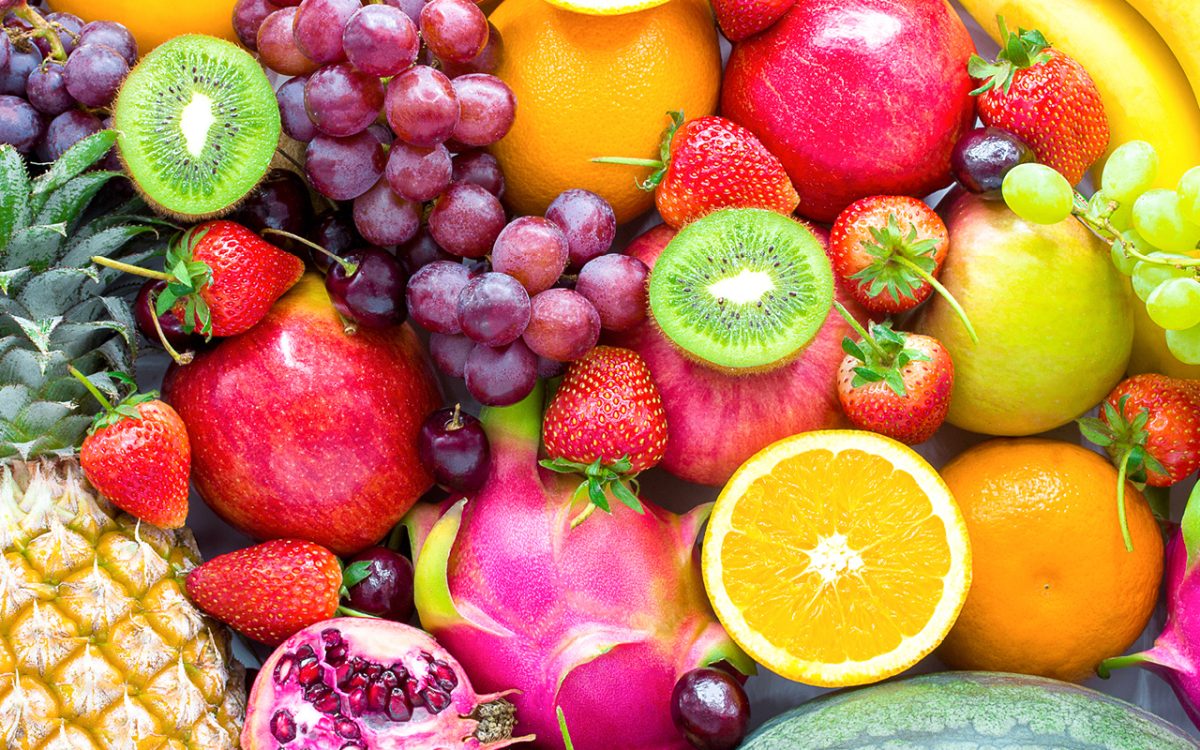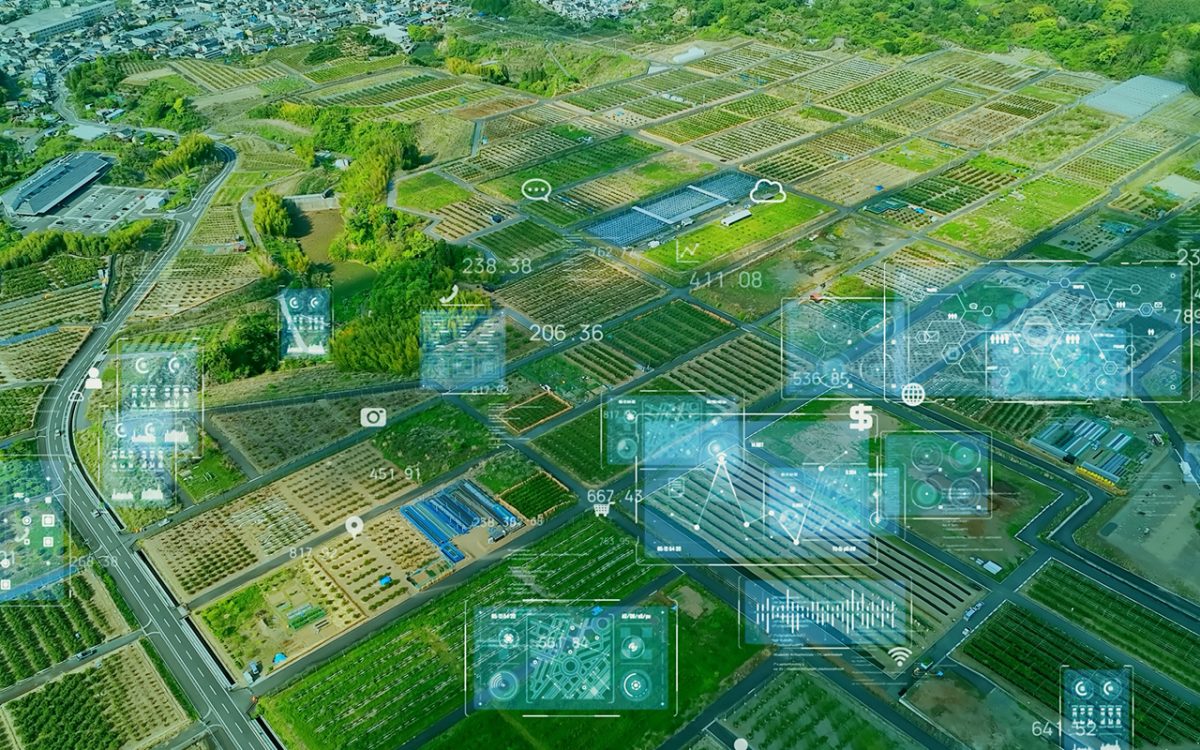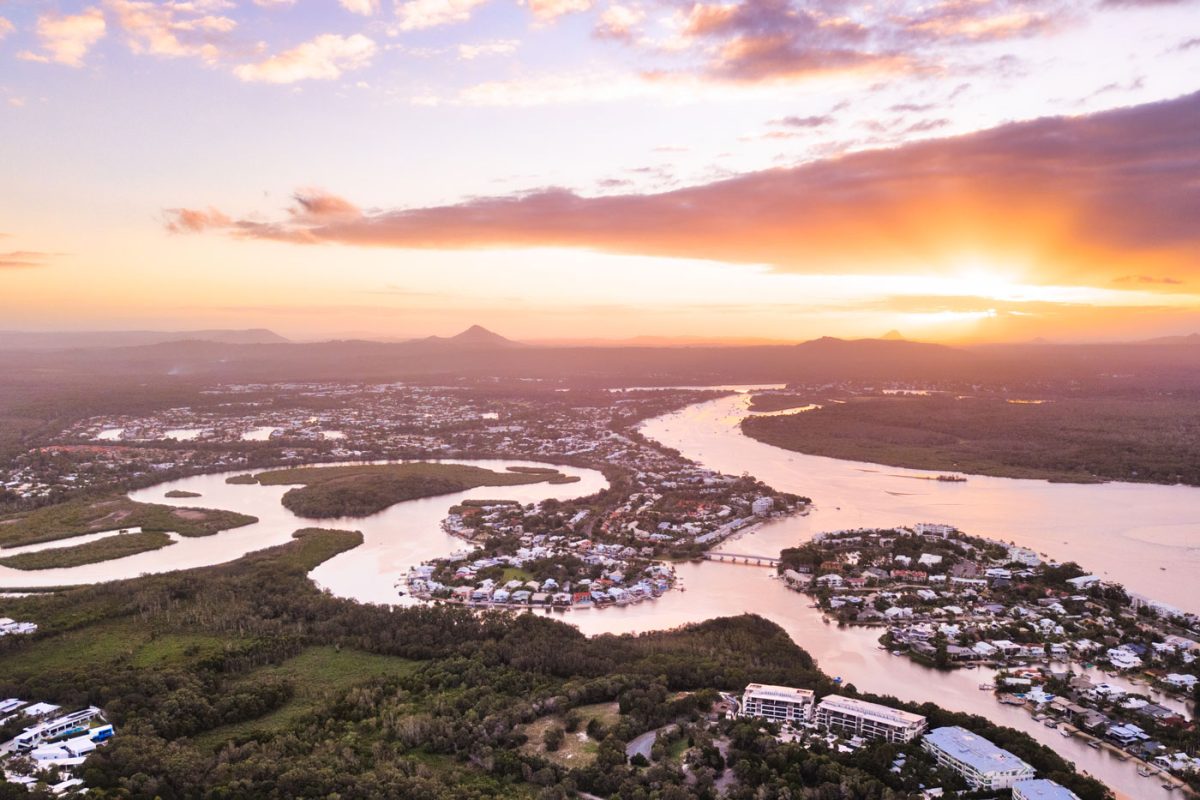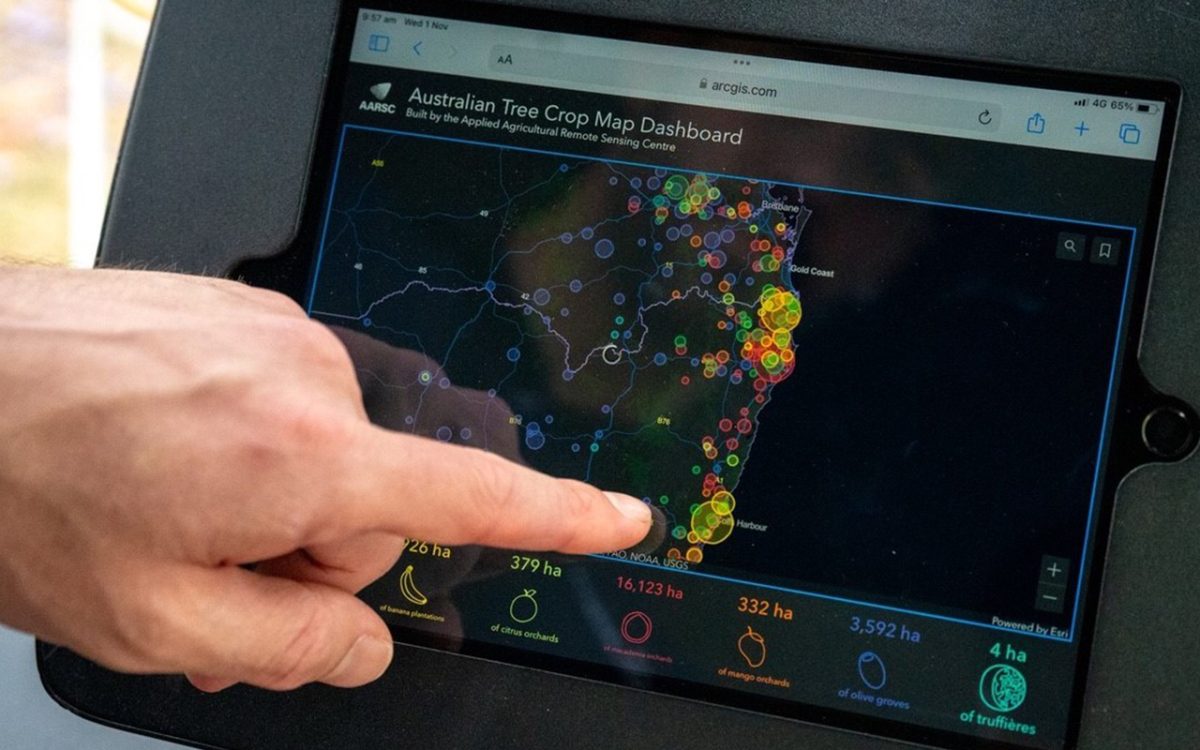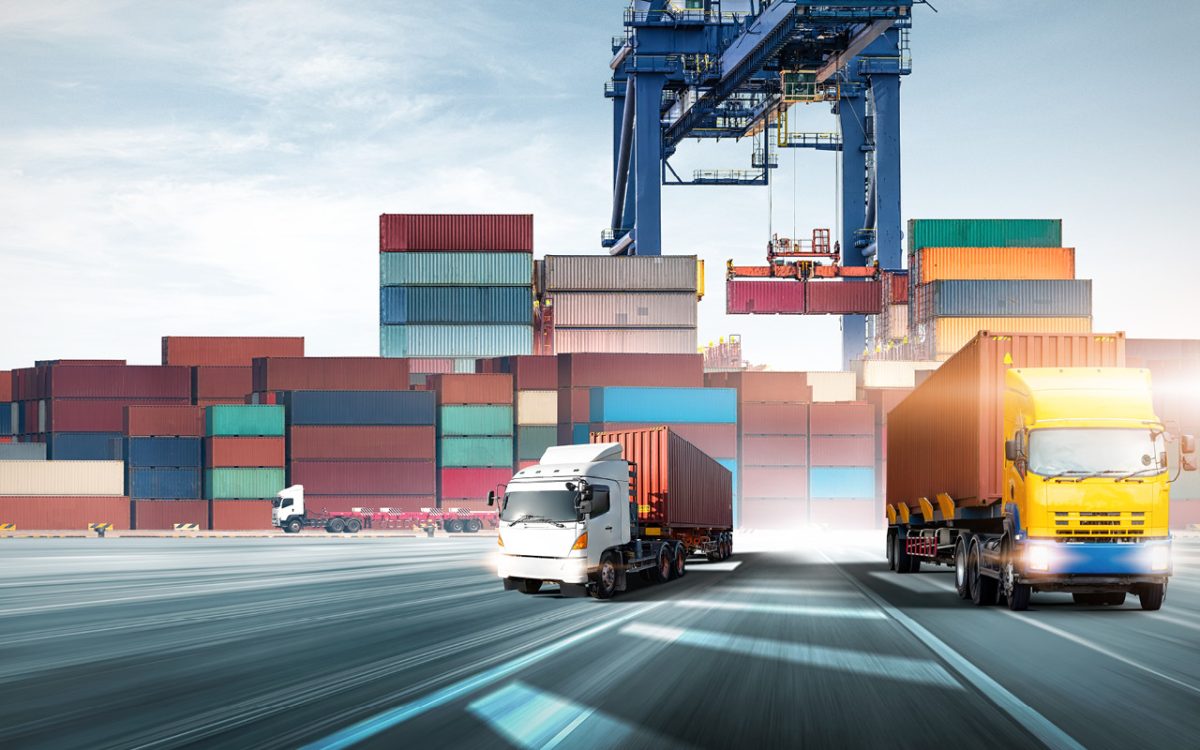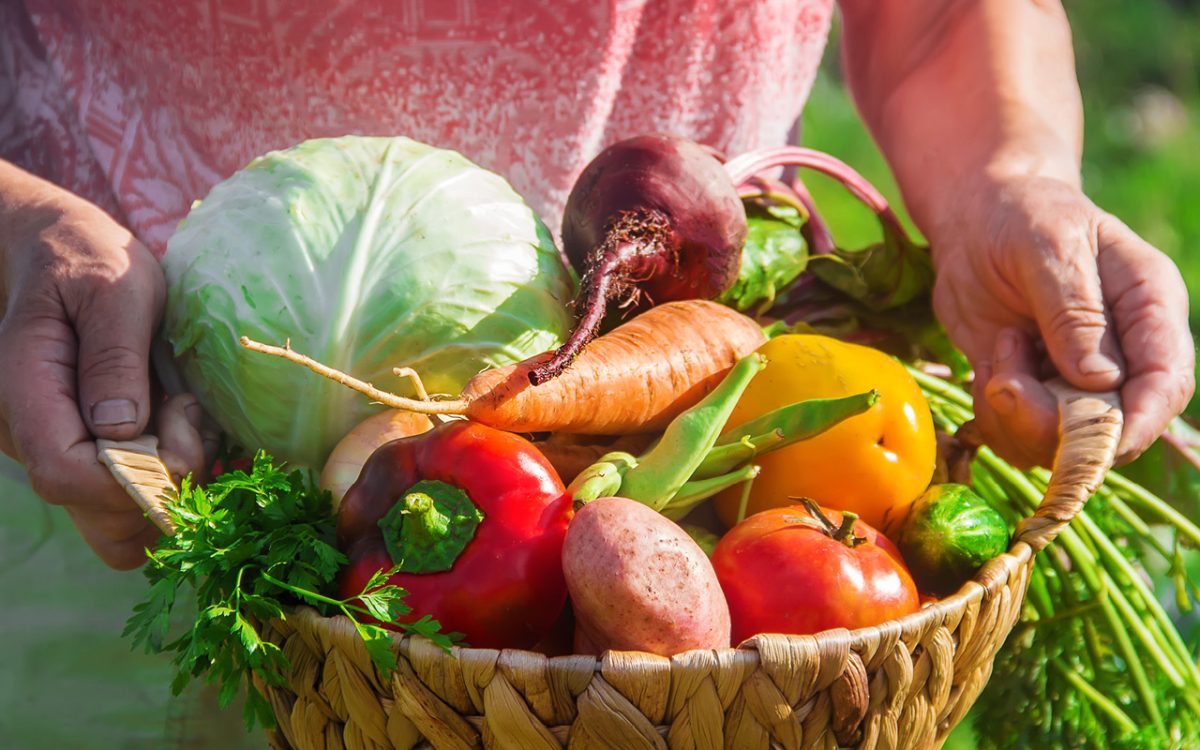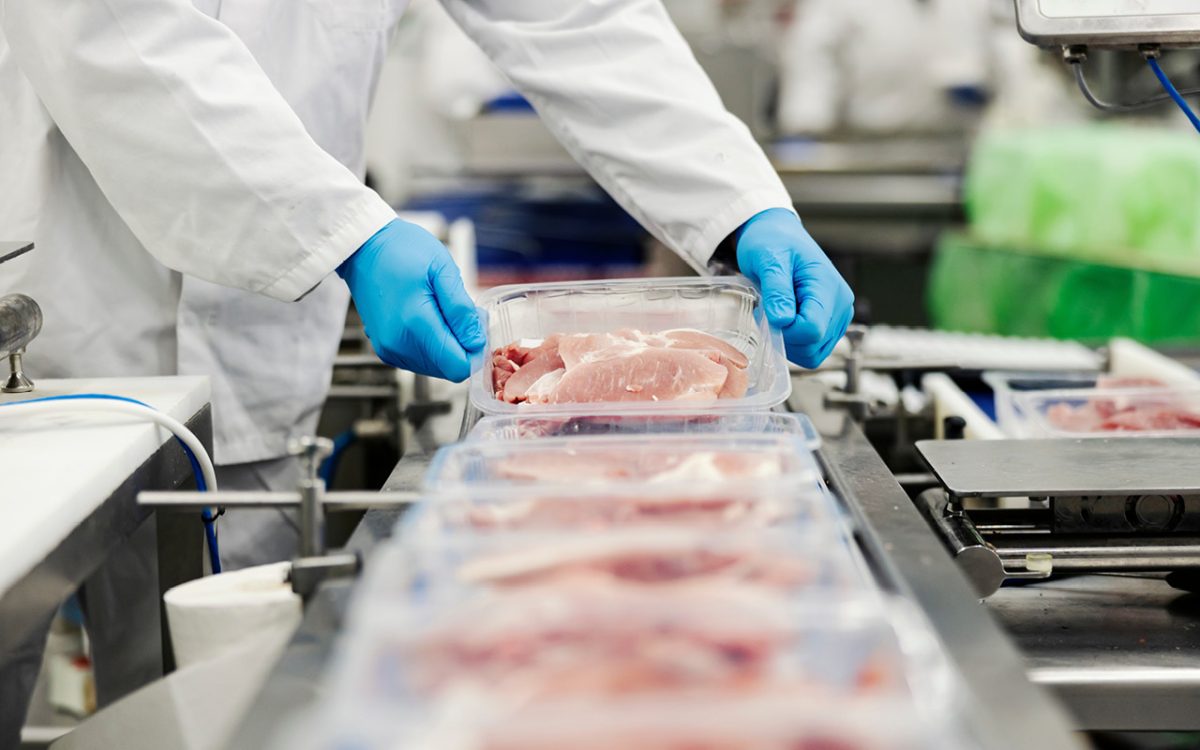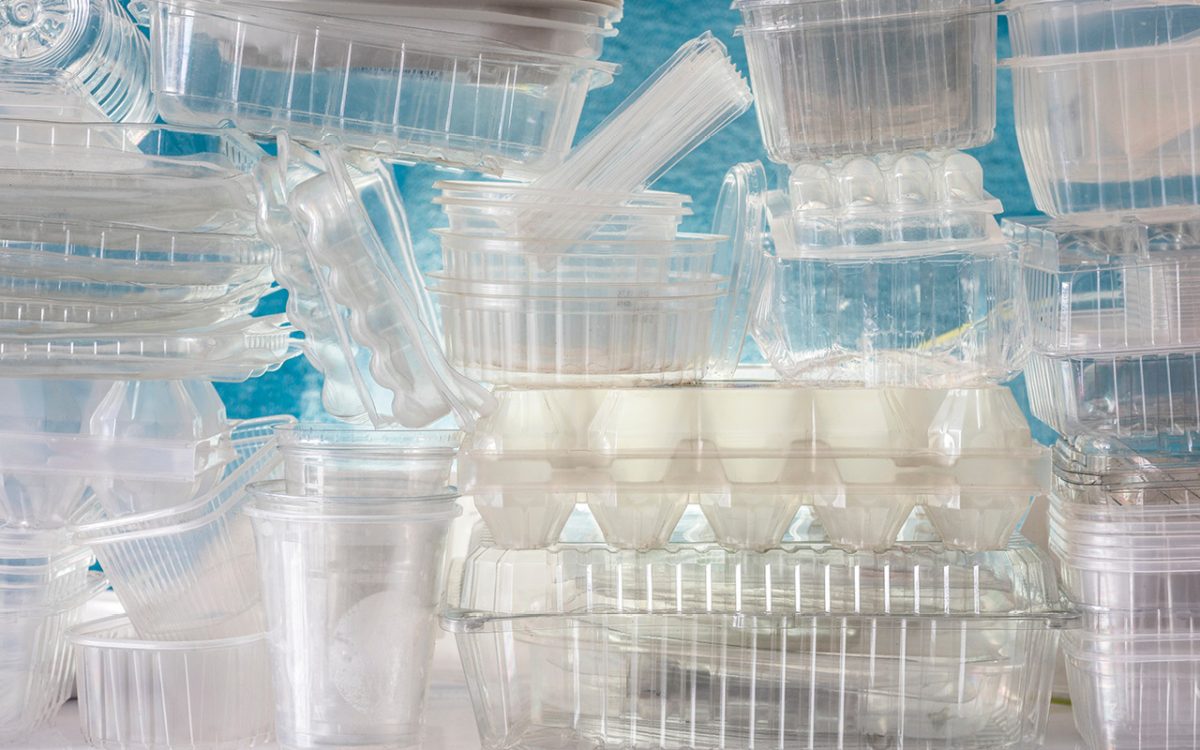This research will assess whether Australia’s food relief governance supports the fulfilment of the human right to adequate food. Importantly, this research will take a solutions-oriented approach to addressing how the governance of food relief should be designed to tackle the full range of challenges facing individual food security and the fulfilment of the right to food in Australia.
Research Projects
This research investigates roles of policy, planning and governance at different scales on producer decisions to integrate sustainable plant-based protein farming into their practices, and how these decisions are influenced by and interact with climate-driven shocks. With legumes as a cornerstone of PBP farming, this work is expected to improve empirical and theoretical knowledge informing how and where sustainable PBP practices will have positive outcomes for people and the environment.
P1-040
The future of the Australian food landscape requires research that involves a range of disciplines, including agriculture, marketing, supply chain logistics, sustainability, the circular economy, science, and technology. Urban and regional planning are also significant as they have a role to play in terms of facilitating of appropriate environments, both physical and social, to allow future food systems to thrive.
P1-039
The project will be collating industry information such as variety, planting date, management, productivity etc to each established orchard polygon. This collation of information will directly assist market access, traceability, biosecurity response, yield forecasting, carbon storage, regeneration and drought resilience, and will set a new standard for all other agricultural industries.
P1-027
The project successfully visualised future freight demands in kilo-tonnes for agricultural commodities originating from the Namoi region. The visualisation relies on the actual projections made by Transport for NSW at the SA3-level and their downscaled estimations at the LGA level. The downscaling process utilises a linear proportional estimation based on the available total production data for such commodities from ABS/DPI.
P1-036
This project aims to track online personal food preferences and establish a hierarchy of drivers for purchasing produce, including affordability, access, and source. The goal is to provide invaluable insights into consumer behaviour for NSW farmers, enabling them to align their production and marketing strategies accordingly.
P1-035
FP Paradigm Pty Ltd (FPP) R&D is seeking to transition the current food packaging standard of transparent petroleum-based material to transparent non-petroleum based sustainable material that is commercially viable within five years. The challenge lies in embedding a circular economy framework within the manufacture of transparent food packaging materials at scale while retaining or improving final product properties and quality (e.g., transparency, long-term durability, stability, strength). This project aims to develop a process which uses carbon dioxide (CO2)-containing waste streams as the foundation for manufacturing transparent food packaging materials (via thermoforming), moving away from petroleum-derived products. CO2 emissions from the gasification of biomass from agri-food wastes and/or waste plastic will be utilised in conjunction with water (H2O) and sunlight to fabricate monomers. The monomers are the building blocks for polymers used to formulate the plastics used to manufacture the transparent food packaging materials.
P1-029
This project aims to develop a low-cost sensor technology designed to solve food traceability problems and reduce food waste. In the event of a food contamination incident, supermarkets choose to throw away all batches of food that may have been contaminated, even if only a small portion of the food is affected.


